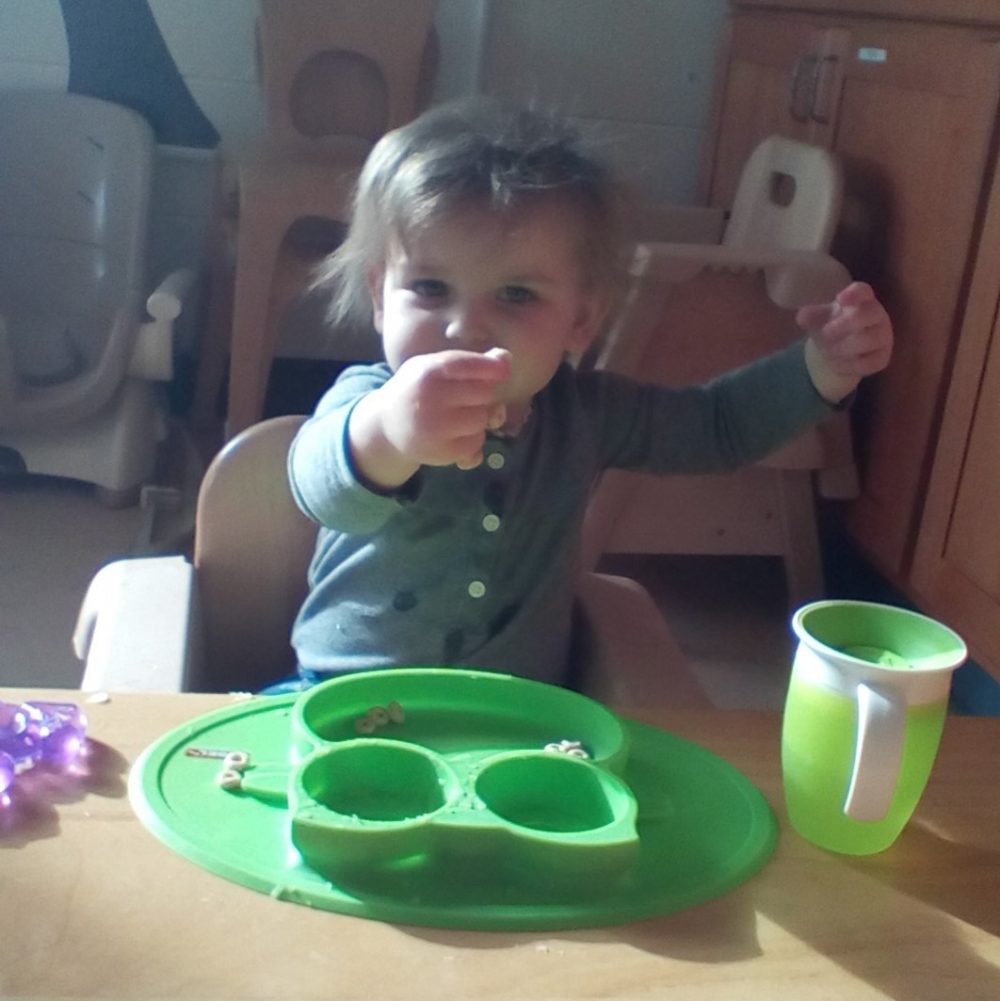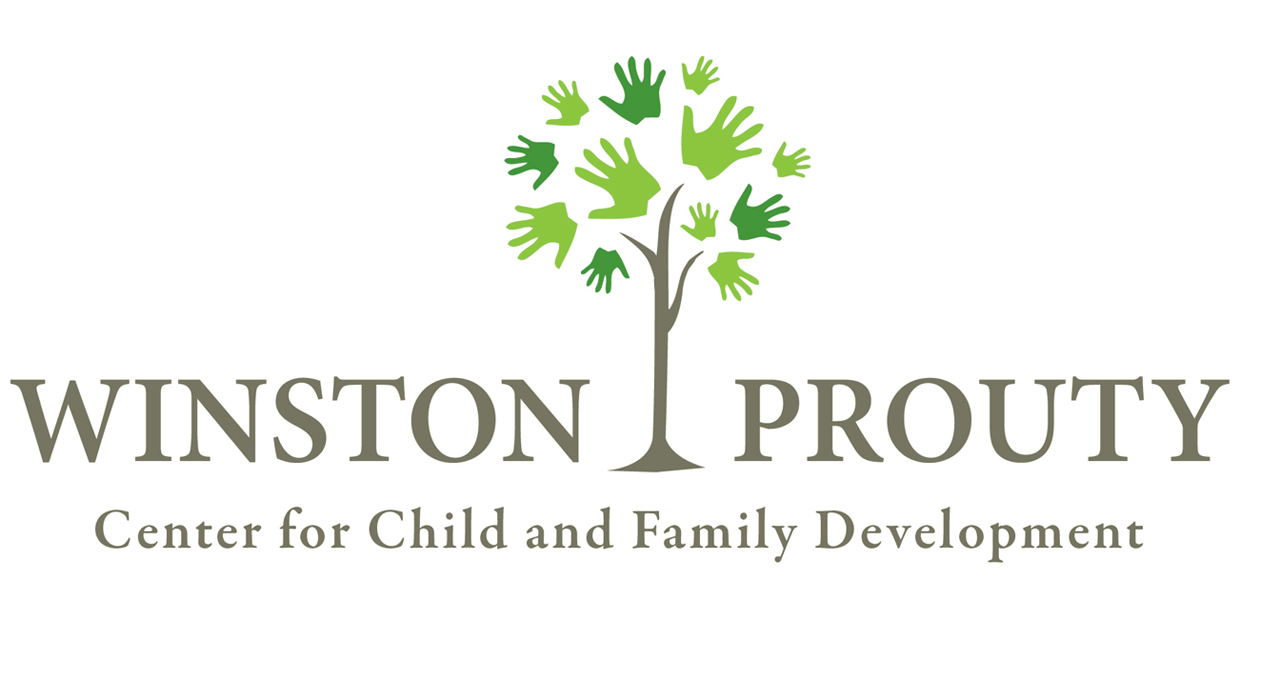Routines should be routine

As the days get shorter and the leaves begin to change colors, we begin to think about starting new routines. The beginning of the school year is a time to take stock of what is ahead and how we want to structure our lives to manage the challenges of multiple demands – work, school, play, appointments, meals, cleaning, and all the other activities of a busy family life. Routines are the scaffolding to provide a sense of order and security, and an understanding of roles and expectations that are important for children of all ages and for parents.
Children who live in an environment with good routines feel a sense of safety and belonging that can be especially helpful when times become stressful. They also learn essential skills and responsibility around things like chores that are part of routines, including how to manage time. Finally, children can learn healthy habits through routines, like the importance of brushing teeth or getting exercise. Parents also thrive with good routines that can provide a sense of organization and reduce stress. Routines can minimize negotiations and decision-making by providing the structure for “this is how we do it.”
The opportunities for routines are endless, from bedtime to mealtime, laundry to yard work, shopping to house cleaning. Choosing what to tackle and how will depend on the unique circumstances of each family, including the age of the children in the home. While a toddler may need help eating dinner, a teenager may be part of cooking it. Inviting children into the process of setting up routines has multiple benefits including getting ideas you may have not thought about on your own. When we are part of making a plan we are more likely to be invested.
A good daily routine is clear and well planned, regular, and predictable. There is no rule about how many routines to establish or what kind they should be, although there are some parts of the day where a routine may be particularly helpful. No matter what age your children are, getting ready in the morning and getting out the door can be challenging. Bathrooms may need to be shared, breakfast and lunches made, teeth brushed, etc. Evening and bedtime offer a similar opportunity. If a specific time of day or household task feels chaotic that might be a good indication that a routine would be helpful, or that it needs to be changed to be more effective. Routines might be daily, weekly, or monthly. Chances are your family has already established routines even if they have not been intentional. Start small by identifying points where your family might benefit from a routine, examine what works well and come up with ideas to ameliorate what is not working so well.
Routines do not always have to address challenging times. They also offer the chance for a family to identify what is important and define activities to reinforce those values. For instance, strengthening relationships by spending time together can happen in a variety of ways. Family routines can include talking a walk after dinner, having movie night once a month, celebrating the full moon, doing volunteer work together, or going to a house of worship regularly.
While routines may take some time and effort to establish, it is worth the investment. It is also important to adapt and change because when routines become too rigid the benefits can be reduced. Rather than providing security and normalcy they can feel controlling. There are skills to be learned about spontaneity and flexibility as well. The goal is to provide structure that is consistent and responsive to individual needs, not to get into power struggles over routines that may no longer work.
So, in the spirit of David Letterman, here are the top 10 reasons a daily routine is important for your child:
10. Affords stability during times of change or stress
9. Provides opportunity for special “daily rituals”
8. Offers your child an opportunity to get excited about what’s ahead
7. Assists you (the parent) to remember important things
6. Establishes healthy, constructive habits
5. Gives your child confidence and independence
4. Creates a calmer household
3. Establishes expectations
2. Bonds the family together
1. Helps your child get on a schedule
Take time this fall to consider the important times and spaces your family can create routines and rituals together which will support everyone to function well, grow and learn, and ultimately strengthen relationships.
Chloe Learey is the executive director of Winston Prouty Center for Child and Family Development in Brattleboro. She serves on the Building Bright Futures State Advisory Council, a governor-appointed body that advises the Administration and Legislature on early childhood care, health and education systems. The Brattleboro Area Chamber of Commerce recently named her Entrepreneur of the Year.
